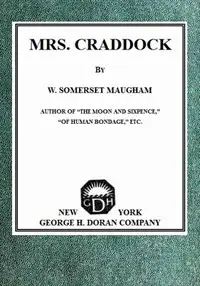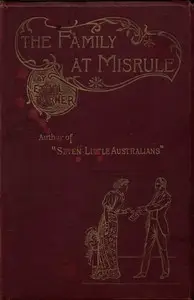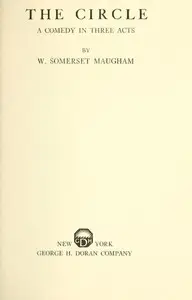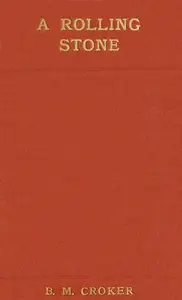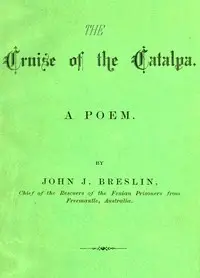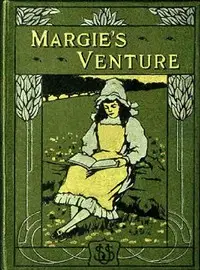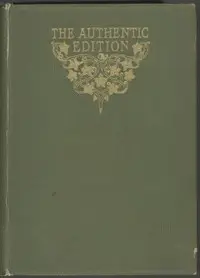"The Merry-go-round" by W. Somerset Maugham is a tale set in the early 1900s that begins by focusing on the relationship between the rich and controlling Miss Elizabeth Dwarris and her headstrong cousin, Miss Ley. The novel explores themes of family, influence, and freedom through the tense interactions of these two women. Miss Dwarris uses her money to try to manage her relatives, taking pleasure in their unease, but she meets her match in Miss Ley, who isn't afraid to speak her mind and challenge Dwarris's authority. Their constant arguments point to a deep-seated conflict, highlighting the fight between those who have power and those who want to be free from it, effectively establishing a story driven by complicated family ties and the ramifications of control and personal liberty.

The Merry-go-round
By W. Somerset (William Somerset) Maugham
In a world of wealth and manipulation, a battle of wills unfolds between a domineering woman and her defiant cousin, igniting a family feud where power and independence clash.
Summary
About the AuthorWilliam Somerset Maugham was an English writer, known for his plays, novels and short stories. Born in Paris, where he spent his first ten years, Maugham was schooled in England and went to a German university. He became a medical student in London and qualified as a physician in 1897. He never practised medicine, and became a full-time writer. His first novel, Liza of Lambeth (1897), a study of life in the slums, attracted attention, but it was as a playwright that he first achieved national celebrity. By 1908 he had four plays running at once in the West End of London. He wrote his 32nd and last play in 1933, after which he abandoned the theatre and concentrated on novels and short stories.
William Somerset Maugham was an English writer, known for his plays, novels and short stories. Born in Paris, where he spent his first ten years, Maugham was schooled in England and went to a German university. He became a medical student in London and qualified as a physician in 1897. He never practised medicine, and became a full-time writer. His first novel, Liza of Lambeth (1897), a study of life in the slums, attracted attention, but it was as a playwright that he first achieved national celebrity. By 1908 he had four plays running at once in the West End of London. He wrote his 32nd and last play in 1933, after which he abandoned the theatre and concentrated on novels and short stories.


